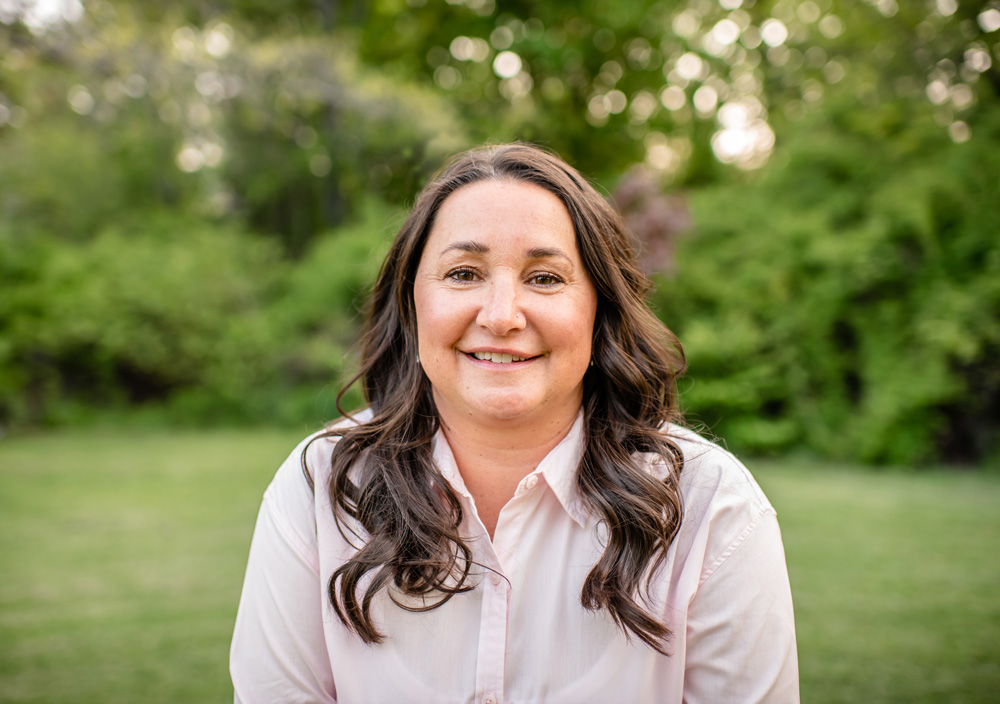Lori Gato, LCSW joined our New Approaches team this spring and brought her knowledge of Lyme disease and its impact on mental health. Practice owner, Hannah Curtis, talked with Lori about Lyme and how she supports people who are experiencing this disease.
Hannah: For clients with Lyme disease, what should they expect when coming to see you? How will they be received?
Lori: Clients should expect to talk to a professional that is educated with Lyme Disease. Many medical professionals are still in the dark about chronic Lyme Disease. I have extensive research and attending classes so I can understand what people are dealing with so it is a relief for clients to discuss this topic with professionals who have an understanding. Many people have been brushed aside due to their diagnosis by medical professionals and that is devastating to many suffering with this disease.
Hannah: Can you tell me about how you have helped someone with Lyme?
Lori: I have developed a toolbox of skills that I teach my clients. These skills include mindfulness, relaxation techniques, cognitive behavioral therapy, and acceptance. I tailor my approach to the needs and interests of each client.
Hannah: Why did you get into treating Lyme disease?
Lori: I started researching Lyme Disease when my sister got diagnosed after two long years of trying to figure out what the underlying issue was. Once I started to research it I realized that there was a significant mental and behavioral change in people suffering with this disease. I realized then I could be part of the solution to helping people deal with a disease that has been debilitating to so many.
Hannah: Why is therapy an important part of Lyme disease treatment?
Lori: People with Lyme Disease, like many other chronic illnesses, have symptoms nobody can see, yet it has a major impact on a person’s physical and mental health. Some just have trauma from lots of time trying to get a diagnosis. Therapy can be helpful to deal with this trauma and to help live the best life possible. There are skills that can help a person suffering with pain refocus shift their focus. It is best to have a therapist who is educated on the disease because they can focus on you instead of you having to explain the disease to them.
At the time of publishing this article, Lori Gato, LCSW, has openings for in-person therapy in Falmouth, Maine, as well as offers teletherapy for clients statewide in Maine. Contact us today to get started!


0 Comments